|
Hello 2024! We are starting 2024 with a splash - literally. We've got a leaky roof and some ceiling damage up by the bathroom in the lobby! Nver fear, we are getting a new roof. It will be a bit chaotic for the next week, but worth it. No more leaks and building damage.
We thank you all for a great 2023 and look forward to a FANTASTIC 2024!! Dr. H Well, here we are in 2023. The past 3 years have been something! You've seen our hospital grow. You've seen new staff members join us and a few leave us. We have a lovely new doctor joining us this year. See her bio on the about us page. She makes our total at 9 exclusive exotic DVMs in the building! We hope with her addition, we will be better prepared to serve all of you.
News about me specifically - a little schedule change occurring. I will soon no longer be available on Saturdays (Dr. Horton). I will be focusing on referrals, critical pets, and our imaging program, but also be available for appointments with my regulars on Tuesdays, Thursday mornings, and Fridays. I hope this year brings us good health, happiness, and prosperity! Susan Horton, DVM Well, goodbye 2021. We have managed well despite the COVID-19 limitations. This year saw us adding more staff. We refinished the extra space in the clinic. We improved our parking lot to accommodate more of you all. We've improved our imaging to be the best in town. It has been incredibly busy. We are doing our best to help bring you the special care that you deserve. 2022 has brought the Omicron variant. We are short staffed at the beginning of this year due to this variant. It is my hope that because we are all vaccinated, it will have a short visit. We hope you all can stay healthy in this new year. It promises to be better than the last. We do thank you for your patience!! Dr. Horton The world is definitely in a turmoil right now. Keep calm and safe as you can be. We will be here as long as we can to help you in any way that we can. Please see the posting here for guidelines on bringing your pet in. Know that we are following the AVMA guidelines for keeping our hospital a safe place to visit.
Dear Chicago Exotics Clients, We would like to update you on recent developments concerning COVID-19. We know it’s a time of uncertainty, and we hope that providing reliable information and data can be helpful and comforting to many of you. COVID-19 Update Please be advised that Chicago Exotics Animal Hospital has implemented new protocols because of concerns about spreading COVID-19. These protocols go into effect immediately. Our goal is to take care of your pets, while adhering to the recommendations of the CDC and limiting personal contact as much as possible. At CEAH, we want to be particularly cautious about COVID-19 to help protect you, your family and our staff. We ask that no one with active COVID-19 visit the practice, as doing so could expose members of our team, as well as other clients, to the disease. In addition, while there isn’t any evidence that the vast majority of animals play a role in the spread of COVID-19, disease prevention protocols are still being vigilantly followed here.
At Chicago Exotics Animal Hospital, the health of you and your pet is extremely important to us and while we love to see each and every one of you, your health and safety as well as our staff’s is of the utmost importance. Can My Pet Get COVID-19? Many of you have emailed and called us today asking if you could get or spread Covid-19 from/to their pet. Below is a short answer from the AVMA website. "Infectious disease experts and multiple international and domestic human and animal health organizations agree there is no evidence at this point to indicate that pets become ill with COVID-19 or that they spread it to other animals, including people." "Out of an abundance of caution, it is recommended that those ill with COVID-19 limit contact with animals until more information is known about the virus. Have another member of your household take care of walking, feeding, and playing with your pet. If you have a service animal or you must care for your pet, then wear a face mask; don’t share food, kiss, or hug them; and wash your hands before and after any contact with them." Be healthy and safe, Dr. Horton and the CEAH Team Thank You to our wonderful clientele and their amazing companions! We at Chicago Exotics Animal Hospital love you and wish you a happy and healthy 2020. This will be our 20 years in business anniversary year. Look for fun and interesting offers as we move through this special year! Dr. Susan Horton VSPN is an information site for veterinary technicians. Joel hos been a moderator there for some time. He shares his knowledge and experience with fellow veterinary technicians this way.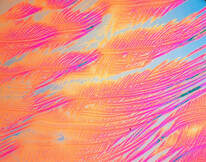 Joel Pond, CVTJoel Pond, CVT, has been involved with zoos in various capacities since 1968, including volunteer programs during high school and college and his hire as Lincoln Park Zoo’s first zoo veterinary technician in 1976. He became a Certified Veterinary Technician in 1979. He has worked in private practice, emergency practice (human and veterinary) and as a hematology technician and supervisor in a commercial veterinary clinical laboratory. He is a consultant for Idexx Veterinary Laboratories providing clinical pathology (urinalysis, hematology, cytology, and parasitology) in-services to local veterinary practices. He recently retired from Lincoln Park Zoo after over 40 years there. After retirement he worked part-time in a local veterinary practice, (The Royal Treatment Veterinary Center) that uses an integrative approach to veterinary medicine that includes both holistic, Eastern and Western medicine. He is currently working at Chicago Exotics Animal Hospital in Skokie, Illinois as a certified veterinary technician. As one of three certified veterinary technicians, Pond was responsible for maintaining the zoo animal hospital’s veterinary facilities and assisting with veterinary procedures. Since the beginning of his career he has been active in veterinary technician associations, beginning with his home state of Illinois. In 1981 he co-founded the Association of Zoo Veterinary Technicians, now an international organization of zoo veterinary technicians. He is a past executive director of the AZVT, continues to serve on several committees, and is a Life Member. He has served as a Board member of the Veterinary Laboratory Association. He is a clinical pathology moderator for VSPN in his spare time. Joel has lectured on clinical pathology and zoo technology topics at meetings in North America including the AVMA, Illinois State Veterinary Medical Association, Canadian Association of Animal Health Technicians, Association of Zoo Veterinary Technicians, North American Veterinary Conference, Western States Veterinary Conference, Eastern States Veterinary Conference, and a host of other local venues. Pond also participates in the Peregrine Falcon Banding Project in Northeastern Illinois in collaboration with the Field Museum of Natural History. He also participated in the Chimpanzee Health Monitoring Program at Gombe National Park in Tanzania, where he assisted in training some of the Park staff in parasitology. Earlier he and another technician examined over one thousand preserved chimpanzee fecal samples collected at Gombe. He gives frequent lectures to allied health organizations, veterinary clinics, and veterinary technician groups on topics of veterinary clinical pathology. Joel’s hobbies are nature/animal photography and historical re-enacting, which often allows him to do both at once. One of his photographic specialties was the use of urine as an art medium, which is his featured picture here on the right (Sahar lion urine). He is a Civil War re-enactor mostly portraying a surgeon and also portrays an earlier and often ignored part of American history as an Indentured Servant broker. Dr. Varble works for the largest veterinary conference organization and is the head of their veterinary teaching labs. She is also a cross fit guru! She is a woman of many talents!
On Monday, April 1 2019, Skokie Department of Public Health gave us their coveted Public Health Partners in Excellence Award! This is quite an honor for us!! We do enjoy helping them with their displaced non-traditional animals and wildlife. See this wonderful article in the Chicago Tribune for more details.
https://www.chicagotribune.com/suburbs/skokie/news/ct-skr-skokie-animal-care-award-tl-0404-story.html From https://smallpetselect.com/first-signs-of-illness-in-guinea-pigs/
SEPTEMBER 8, 2018 BY NATALIE RIGGS First Signs of Illness in Guinea Pigs In the wild, guinea pigs hide signs of illness as long as possible as a survival mechanism. Guinea pigs are prey animals, and showing signs of weakness makes them an easy target for predators. According to Dr. Amy Guernsey-Youngblood, practice owner and exotic vet at University Veterinary Care Center in Topeka, KS, “They mask their illnesses for as long as they can. By the time they start exhibiting symptoms they are often very sick and have been fighting the illness for quite some time.” They’ve held on to that instinct to this day, making our job a little harder. Because they are so good at keeping symptoms a secret, the illness may be very serious by the time we catch on. According to exotic vet Dr. Kristin Valdes at Chicago Exotics Animal Hospital, “ Guinea pigs can be prone to a number of illnesses, such as scurvy (vitamin C deficiency), respiratory infections, tumors, bladder stones or urinary irregularities, lice or mites, fungal problems, and pododermatitis (foot problems like bumblefoot).” Dr. Guernsey-Youngblood adds dental disease and fecal impaction as other common problems she sees in guinea pigs. She reminds patients that, “While some illnesses in guinea pigs are unavoidable – based on the individual’s genetics – many can be avoided or reduced with appropriate husbandry and diet.” Early Symptoms Guinea pigs are tight-lipped when it comes to their health. You may have to be a bit of a detective to catch signs of illness before he’s willing to admit defeat. As you get to know your guinea pig – and guinea pigs in general – you’ll become familiar with his quirks and it will be easier to recognize when his behavior isn’t normal. One of the first hints a guinea pig isn’t feeling himself is a lack of appetite. Does his enthusiasm for dinnertime quickly subside? Is he suddenly leaving leftovers in his dish? Guinea pigs live to eat guinea pig food, so loss of interest in food is a major sign something isn’t right. Getting into the habit of weekly weigh-ins is useful to catch this early. Dr. Valdes recommends watching for signs like “hunching, sunken eyes, loss of energy, less active and alert, and refusing to interact.” She lists symptoms that might appear shortly as sneezing, drooling, discharge from the eyes or nose, dry/itchy skin or hair loss, lumps and bumps, or abnormal bathroom habits. If you just have a feeling something is off, a vet can run tests to help connect the pieces of the puzzle. Next Steps Guinea pigs may need to be removed from their cagemates when being treated for and recovering from an illness. Your exotic vet will tell you whether you need to be worried about the illness being contagious. Dr. Guernsey-Youngblood recognizes that the decision of whether to separate a sick guinea pig from his cagemate depends on the individual. “If they are highly bonded, the separation may be stressful. On the other hand, a day of separation is sometimes useful to determine who is eating how much, and what kind of stools and urine they are passing. All of this is helpful information to share with your veterinarian.” As herd animals, there is also the possibility cagemates may start to bully and pick on a pig suddenly perceived as vulnerable. Unfortunately, guinea pigs don’t get “colds” or “stomach bugs” like we do that they can get over by themselves in a week or two. They usually need medical intervention to recover from an illness. “Usually by the time you notice your guinea pig is ill, chances are he or she is much more sick than you know,” Dr. Valdes says. “For the reason, it’s important take your guinea pig to the vet the moment you become worried.” References: http://www.guinealynx.com/emergency.html https://www.petfinder.com/pet-care/small-and-furry-care/guinea-pig-basics-illness-warnings/ https://vcahospitals.com/know-your-pet/guinea-pigs-problems |
AuthorThis blog has multiple authors from the Chicago Exotics crew. Archives
January 2024
Categories |
- Home
- Emergency Care
-
Care Sheets
- General Care >
-
Birds
>
- Amazon Care
- Avian Influenza Fact Sheet
- Avian Influenza for Poultry Fact Sheet
- Avian Bornavirus Testing
- Budgie Care
- Canaries
- Chicken Care
- Chronic Egg Laying
- Cleaning and Disinfecting
- Cockatiels (and other small Psittacines)
- Cockatoo Care
- Converting Your Bird to a Pelleted Diet
- Feather Picking
- General Parrot Care
- Handfeeding Baby Parrots
- Healthy Shopping for your Birds
- Infectious Diseases of Parrots
- Instructions for Physical Therapy in Birds
- Lead Poisoning
- McWatters Diet (Homemade Mash)
- Macaw Care
- Parrot Precautions
- Polyoma Virus
- Psittacine Beak and Feather Disease
- Proventricular Dilatation Disease
- Spiroform Pharangitis (Spirochetes)
- Baby Starling and Sparrow guidelines
- Can smoke affect my bird?
- Territorial Aggression
- Unsafe Plants for Birds
- Weaning Baby Birds
- What to Feed Your Pet Bird
- Wing Injury and Rehabilitation
- Wing Trims
- Your Overly Reproductive Female Bird
- Zinc Toxicity
- Caiman Care
- Ferret and Fox Care >
- Fish >
- Invertebrate Care >
- Frogs, Toads, and Other Amphibians >
-
Guinea Pigs and Rodents
>
- Chinchilla Care
- Cuy Criollo (Giant Guinea Pig)
- Health Problems with Guinea Pigs
- Degu Care
- Gerbil Care
- Guinea Pig Care
- Hamster Care
- Diabetic Hamster Diet
- Mice Care
- Rat Care
- Health Problems with Rats
- Prairie Dog Care
- Odontoma
- Veggies For Guinea Pigs
- Visible Tumors in Rodents
- Vitamin C Deficiency In Guinea Pigs
- Hedgehog Care >
- Kinkajoos and Armadillos >
-
Lizards
>
- Anole Care
- Bearded Dragon Care
- Blue Tongued Skink Care
- Crested Gecko Care
- Geckos of New Caledonia
- Crocodile Monitor Care
- Frilled Lizard Care
- Green Iguana Care
- Jackson's Chameleon Care
- Leopard Gecko Care
- Nile Monitor Care
- Old World Chameleon Care
- Panther Chameleon Care
- Red-Eyed Crocodile Skink Care
- Savannah Monitor Care
- Tegu Care
- Thai Water Dragon Care
- Uromastyx Care
- Veiled Chameleon Care
- Potbellied Pigs >
-
Rabbits
>
- Bonding Rabbits Bullet Point Checklist
- Healthy Shopping for Rabbits
- Complete Rabbit Care
- Getting To Know Your New Bunny
- Training Your Bunny
- What To Feed Your Rabbit
- Learning to Use the Litter Box
- What To Expect From Your New Rabbit
- Dental Disease in Rabbits
- Heart Disease in Rabbits
- Healthy Stool in Rabbits
- Gastrointestinal Stasis in Rabbits
- RHDV2 Fact Sheet
- Parasites of Rabbits
- Sore Hocks in Rabbits
- Pasteurella in Rabbits
- Medicating Your Rabbit or Guinea Pig
-
Snakes
>
- Amazon Tree Boa Care
- Ball Python Care
- Black Rat Snake Care
- Boa Constrictor Care
- Brazilian Rainbow Boa Care
- Burmese Python Care
- California Kingsnake Care
- Cornsnake Care
- Dumeril's Boa Care
- Eastern Kingsnake Care
- Emerald Tree Boa Care
- Garter Snake Care
- Green Tree Python Care
- Western Hognose Care
- Mexican Black Kingsnake Care
- Rosy Boa Care
- Sand Boa Care
- Western Fox Snake Care
- Inclusion Body Disease
- Sugar Gliders and Marsupials
-
Turtles and Tortoises
>
- Alligator Snapping Turtle Care
- Bell's Hingeback Care
- Box Turtle Care
- Chinese Box Turtle Care
- Common Snapping Turtle Care
- General Tortoise Husbandry
- Leopard Tortoise Care
- Mud Turtle Care
- Musk Turtle Care
- Painted Turtle Care
- Red Eared Slider Care
- Russian Tortoise Care
- Soft Shelled Turtle Care
- Sulcata Care >
- Common Health Problems
- General Care of Aquatic Turtles
- Redfoot tortoise Care
- Contact
- Vets, Externs & Shelters
- Products
- Links
- About Us
- Chicago Exotics Blog
- Happy Turtle Stories
- Tour
- ADV Testing Information
- Lacy Act Summary
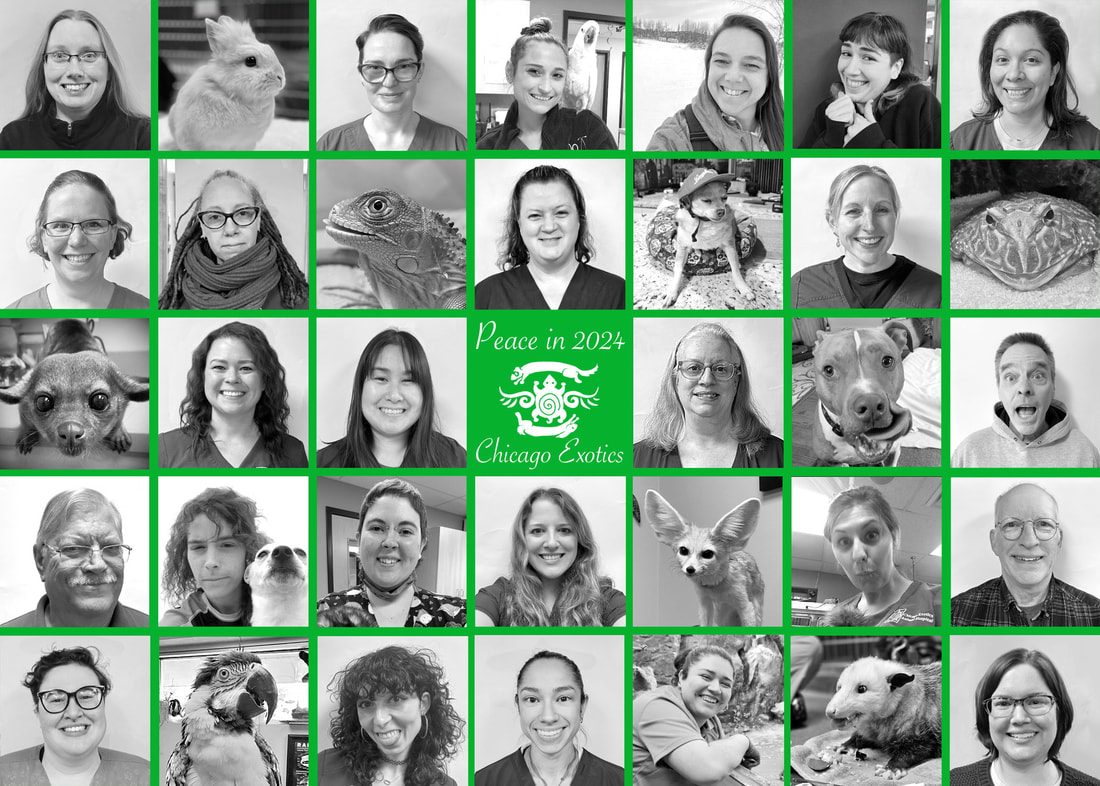
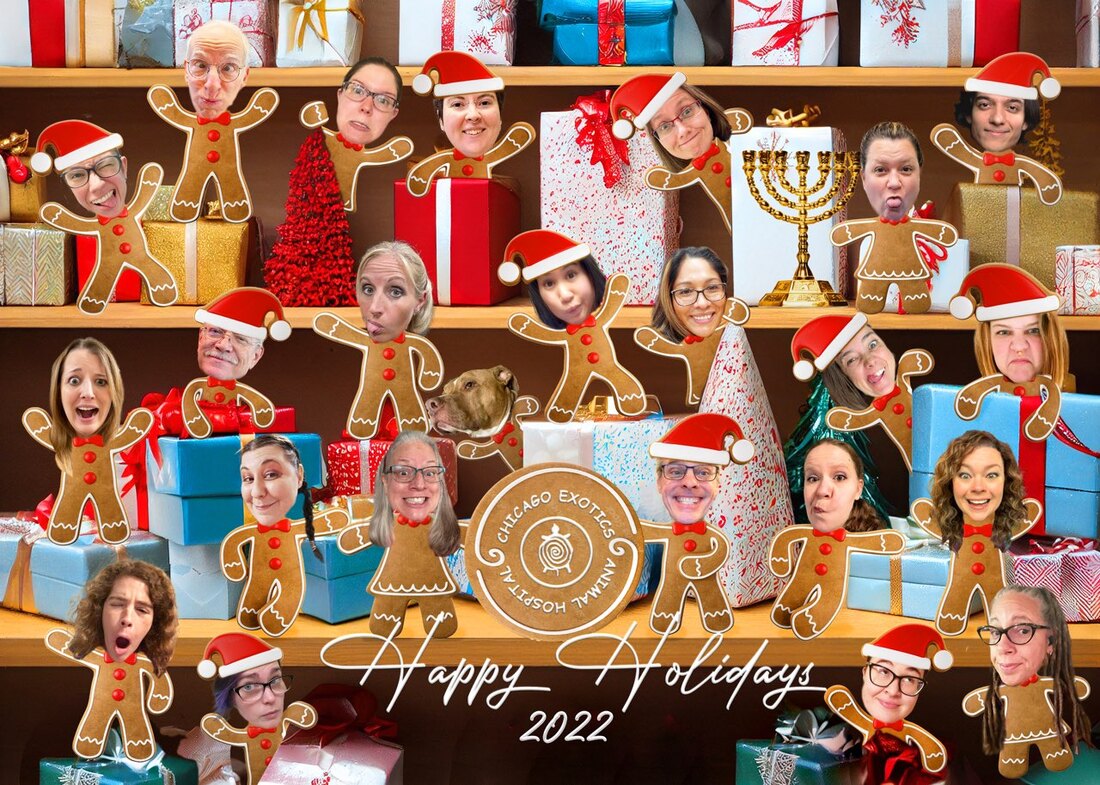
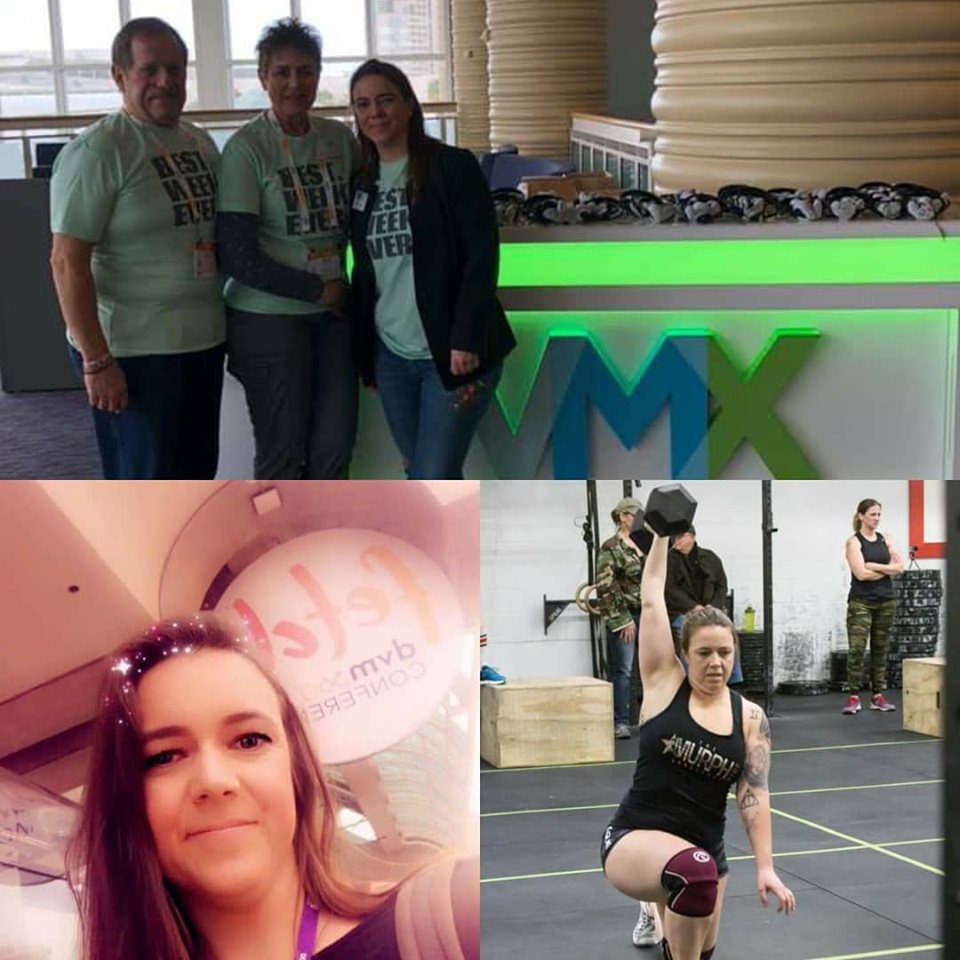
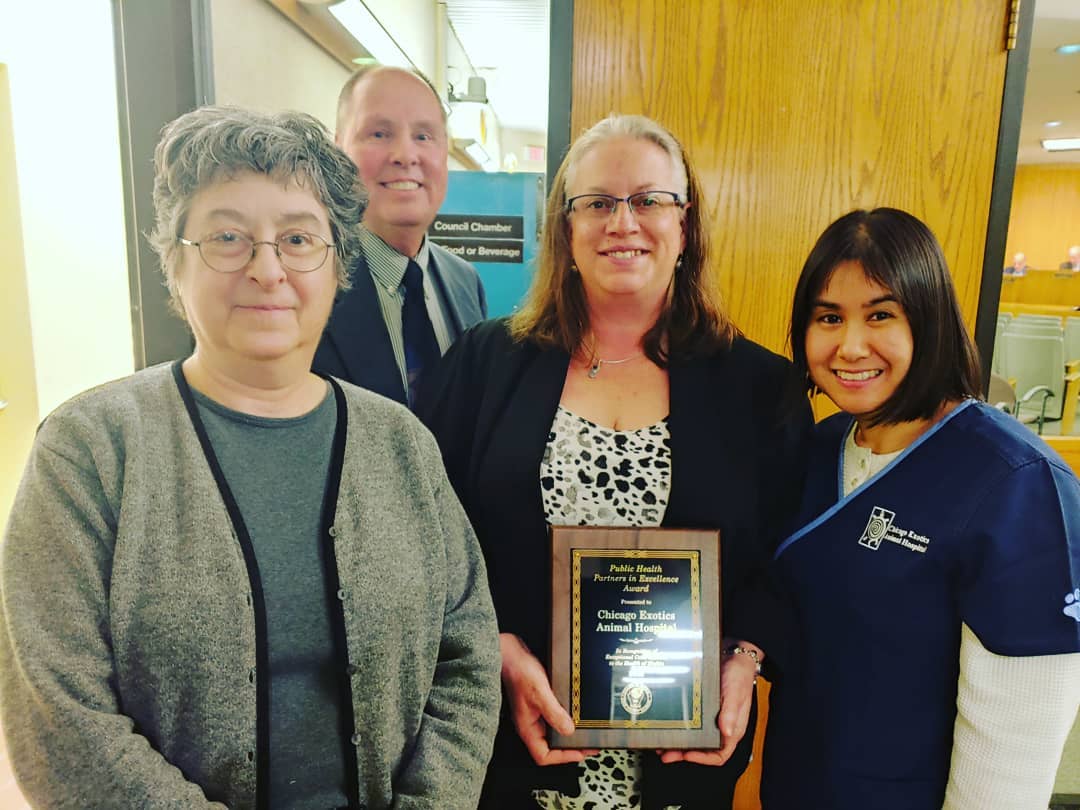
 RSS Feed
RSS Feed
